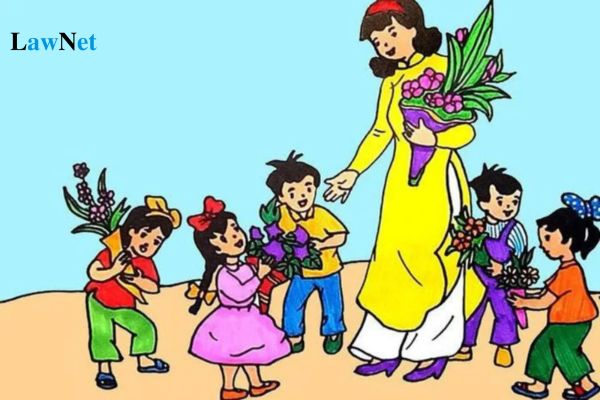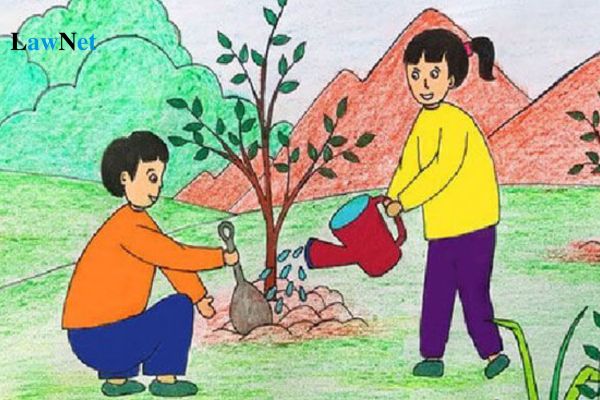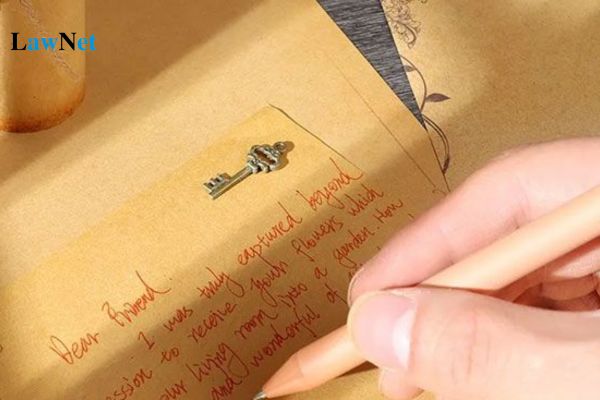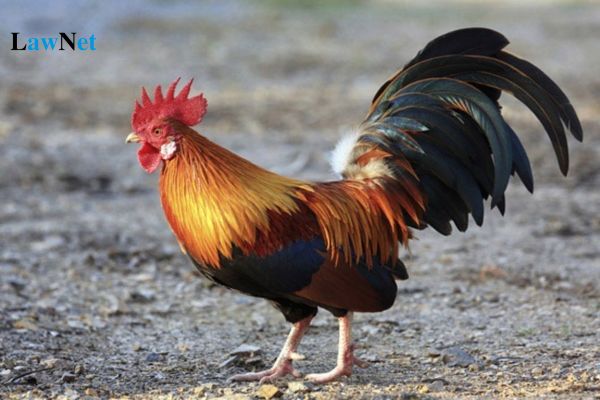What are the 05 best folks and proverbs about gratitude towards teachers in Vietnam? What is the grade at which students will begin learning folks and proverbs in the Vietnamese language curriculum?
What are the 05 best folks and proverbs about gratitude towards teachers in Vietnam?
Folks and proverbs about gratitude towards teachers are concise, succinct sayings with a folk nature, reflecting the deep respect and gratitude students have for their teachers. These proverbs have been passed down from generation to generation, becoming an indispensable part of Vietnamese culture.
Below are the 05 best folks and proverbs about gratitude towards teachers in Vietnam:
- "Muốn sang thì bắc cầu Kiều
Muốn con hay chữ phải yêu kính thầy."
Meaning: To achieve academic success, one must respect and be grateful to their teachers.
- "Không thầy đố mày làm nên."
Meaning: Teachers impart knowledge and help us secure a bright future.
- "Nhớ thầy, nhớ cả những lời,
Công cha, nghĩa mẹ, ơn người chở che."
Meaning: The diligence of teaching from teachers is always remembered, akin to parental affection.
- "Công cha, nghĩa mẹ, ơn thầy,
Chớ quên ghi nhớ công dày biển sâu."
Meaning: Gratitude towards teachers is a moral responsibility for everyone.
- "Dạy con từ thuở còn thơ,
Dạy vợ từ thuở bơ vơ mới về."
Meaning: Teachers are the ones who guide and educate from a young age to grow into a person.
Note: The information is for reference purposes only.

What are the 05 best folks and proverbs about gratitude towards teachers in Vietnam? What is the grade at which students will begin learning folks and proverbs in the Vietnamese language curriculum? (Image from the Internet)
What is the grade at which students will begin learning folks and proverbs in the Vietnamese language curriculum?
Under Section 5 of the General Education Program for Literature issued under Circular 32/2018/TT-BGDDT, the required text corpus for the 4th-grade Vietnamese language curriculum is specified as follows:
- Literary Texts:
+ Folk stories, short stories; descriptive paragraphs (essays)
+ Poem excerpts, poems, children's folks, proverbs
+ Literary scripts
+ Text length: stories and scripts approximately 280 - 330 words, descriptive essays about 200 - 250 words, poems about 100 - 120 words
- Informative Texts:
+ Instructions on steps to perform a task or usage manuals for a product
+ Invitations
+ Inquiry letters, thank you letters, apology letters
+ Applications (leave of absence, school admission)
+ Work reports
+ Text length: approximately 150 - 180 words
- Suggested texts: see the list of suggestions.
Thus, folks and proverbs about gratitude towards teachers will be taught in the 4th-grade Vietnamese language curriculum.
What are the specific competencies required after completing the 4th-grade Vietnamese language curriculum?
Under Section 4 of the General Education Program for Literature issued under Circular 32/2018/TT-BGDDT, the specific competencies required after completing the 4th-grade Vietnamese language curriculum are specified as follows:
- Language competencies:
+ Read accurately, fluently, and expressively; understand the main content of a text, primarily explicit content; initially understand implicit content such as themes and lessons from the read text.
+ Comprehend specific content, understand themes, and lessons drawn from the text.
+ Write complete short essays, mainly narratives, descriptions, and simple introductions.
+ Write narratives based on read stories, witnessed events, or imagined stories; describe familiar objects, phenomena; introduce objects and activities close to students' lives.
+ Write paragraphs expressing feelings and thoughts after reading a story, poem, or witnessing an emotional event; give opinions on simple issues in study and life; write various types of documents like self-introductions, messages, invitations, schedules, applications,...; initially know the writing process; essays should have three parts (introduction, body, conclusion).
+ Clearly present ideas and emotions; begin using appropriate gestures when speaking; recount read or heard stories clearly; share, exchange thoughts, attitudes, emotions about discussed issues; explain an object or simple procedure.
+ Listen attentively to understand basic content; recognize the speaker's emotions; know how to respond to what is heard.
- Literary competencies:
+ Differentiate between narrative and poetry texts (prose passages and verse passages); recognize text contents and the writer's attitudes and emotions; initially understand the effect of literary text elements (word choice, characters, plot, rhyme, comparison, personification). Be imaginative and articulate with literary expression in writing and speaking.
+ Know how to read literary texts expressively; retell, summarize the main content of stories, poems; comment on characters, events, and the writer's attitudes and emotions in texts.
+ Recognize time and place, types of verse rhyme, unique words and images, and the effectiveness of rhetorical devices like personification and comparison. Understand the significance or lessons from the text. Write paragraphs and essays that narrate and describe with emotion and imagination.










- What are the guidelines for preparing the brief lesson "Con hổ có nghĩa" in the 7th-grade Literature curriculum in Vietnam? What is the formula for calculating the GPA of Literature in the 2nd semester of 7th-grade students in Vietnam?
- Vietnam: What are the 14+ sample letters for the 54th UPU International Letter-Writing Competition 2025 with the theme "Imagining You Are the Ocean"?
- What are the 10+ sample paragraphs expressing your feelings and emotions about a favorite scene? What are the language competencies required for 3rd-grade students in Vietnam?
- What are the guidelines for preparing the brief lesson "Hạnh phúc của một tang gia" for 12th-grade students in Vietnam? What are the mandatory literary works in the Literature curricula in Vietnam?
- What are the guidelines for preparing the shortest lesson "Dục Thúy Sơn"? What are the requirements for 10th-grade students to advance to the next grade in Vietnam?
- What are the 04+ sample argumentative essays showing thoughts about healthy lifestyle among today's Vietnamese youth? What are the regulations on assessing the training results of 12th-grade students in Vietnam?
- What are the 3+ sample essays on a social matter with different opinions for 10th-grade students in Vietnam?
- What are the 04+ sample essays on a social activity you have participated in? Are schools in Vietnam responsible for organizing social activities for students?
- What does school violence mean? What are the regulations on school violence prevention and control in Vietnam?
- What are the 05+ short and best sample essays on retelling a legend for 6th-grade students in Vietnam? In Vietnam, is 6th-grade Literature assessed by scores or feedback?

